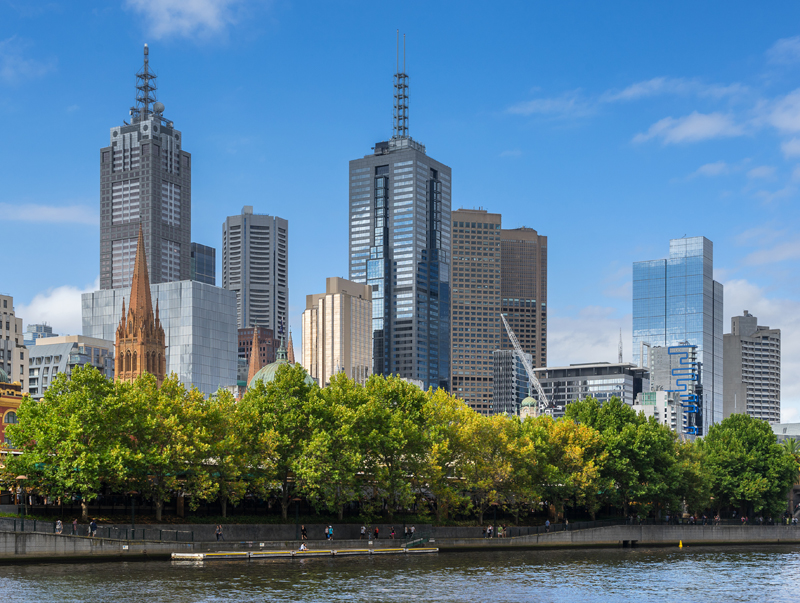The University of Melbourne will be carbon neutral before 2030, achieve zero net emissions from electricity by 2021 and will report annually on the institution’s sustainability impact and performance.
The plans have been laid out in the University’s first institution-wide Sustainability Plan 2017-2020, a four-year strategy that will position Melbourne as a sector-leader in sustainability, according to Vice-Principal Administration and Finance and Chief Financial Officer, Allan Tait.
The Plan also pushes for sustainability to become a more prominent part of all undergraduate curriculum, as well as outlining the University’s response to calls to divest from fossil fuel-intensive companies.
“The University has a responsibility to lead strongly and act decisively in addressing global societal challenges, such as building a more sustainable world,” Mr Tait said.
“This Sustainability Plan clearly outlines the University’s commitment to this important task and highlights how Melbourne is acting on this front across all areas of the institution, with holistic actions and targets that will assist in tackling the impacts of climate change.”
The framework will cover factors such as a company’s emissions intensity, emissions reduction plans, alignment to the outcomes of global climate change agreements and investment in and transition to renewable energy.
“Within four years, the University will be divested from, or in the process of divesting from, any material holdings that don’t satisfy the requirements of this framework,” said Mr Tait.
“This approach, and that of all of the commitments in this Plan, reflects the consolidated efforts and collective will of the University community.”
The Plan is the result of a more than 12 months of public consultation process that commenced in late 2015 with the development of the University’s Sustainability Charter.
Other key aims for the Plan include:
- Reduce emissions by 20,000 tonnes of carbon per year by 2020 through on-campus energy projects such as solar, wind and geothermal
- Increase the number of University of Melbourne graduates who can demonstrate a specialization in environment and sustainability
- Replace 10% of University car parking spaces with bicycle parking by 2018
- Publish a university-wide Biodiversity Management Plan
- Developing industry partnerships that emphasize our resources for sustainability research.



